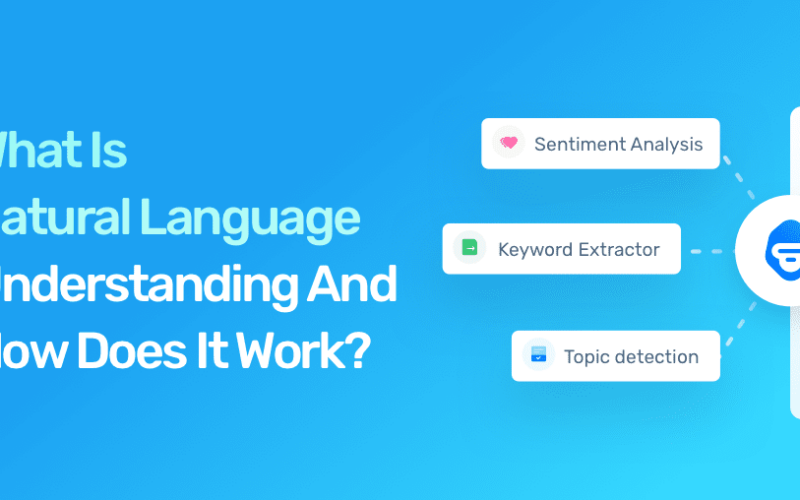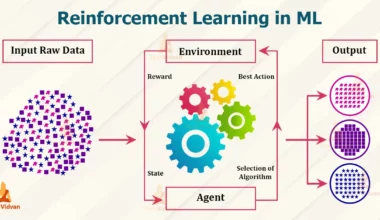Natural language processing (NLP) is a field of computer science that deals with the interaction between computers and human (natural) languages. It is a rapidly growing field with a wide range of applications, including machine translation, text analysis, and chatbots.
One of the most important aspects of NLP is natural language understanding (NLU). NLU is the ability of a computer to understand the meaning of human language. This includes understanding the meaning of words, phrases, and sentences, as well as the relationships between them.
NLU is a complex task, but it is essential for many NLP applications. For example, machine translation requires NLU to understand the meaning of the text in one language and to generate text in another language that has the same meaning. Text analysis requires NLU to understand the meaning of the text in order to extract information or to classify the text into different categories.
There are a number of different approaches to NLU. One approach is to use rule-based systems. Rule-based systems use a set of rules to determine the meaning of human language. These rules are typically encoded in a formal language, such as Prolog.
Another approach to NLU is to use statistical models. Statistical models use statistical techniques to learn the relationship between words, phrases, and sentences. These models are typically trained on large corpora of text.
Recently, there has been a growing interest in using deep learning for NLU. Deep learning is a type of machine learning that uses artificial neural networks to learn complex relationships. Deep learning models have been shown to be very effective for NLU tasks, such as machine translation and text classification.
There are a number of different tools and resources available for NLU. One popular tool is the Stanford CoreNLP toolkit. CoreNLP is a suite of open-source libraries for NLP tasks, including tokenization, part-of-speech tagging, named entity recognition, and sentiment analysis.
Another popular tool is the SpaCy library. SpaCy is a Python library for NLP tasks. SpaCy is known for its high performance and its easy-to-use API.
There are also a number of online resources available for NLU. One popular resource is the Natural Language Processing with Python book by Manning, Raghavan, and Schütze. This book provides a comprehensive introduction to NLP with Python.
NLU is a powerful tool that can be used to solve a wide range of problems. As NLU technology continues to develop, we can expect to see even more exciting applications of NLU in the future.
Here are some of the key benefits of NLU:
- Improved customer service: NLU can be used to automate customer service tasks, such as answering FAQs and resolving simple issues. This can free up human customer service representatives to focus on more complex tasks, which can lead to improved customer satisfaction.
- Increased sales: NLU can be used to analyze customer feedback and identify trends. This information can be used to improve products and services, which can lead to increased sales.
- Better decision-making: NLU can be used to analyze large amounts of data and extract insights. This information can be used to make better decisions, such as which products to launch or which markets to enter.
- Enhanced security: NLU can be used to identify malicious content, such as spam and phishing emails. This can help to protect businesses from cyber attacks.
Here are some of the challenges of NLU:
- Data quality: The quality of the data used to train NLU models is critical. If the data is not accurate or representative, the model will not be able to learn effectively.
- Complexity: NLU is a complex field, and there is no one-size-fits-all solution. The best approach to NLU will vary depending on the specific application.
- Interpretability: NLU models can be difficult to interpret. This makes it challenging to understand how the model works and to explain its predictions.












